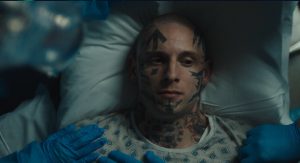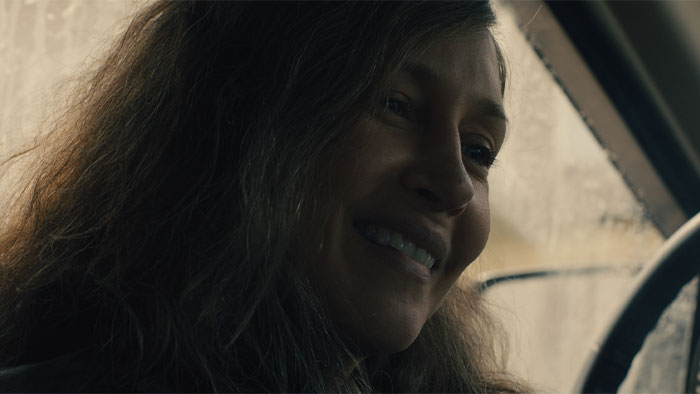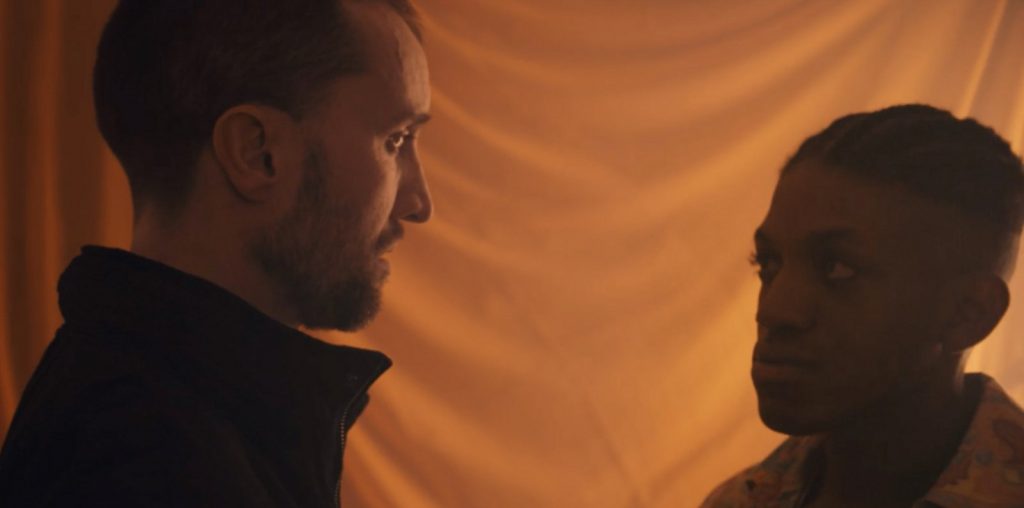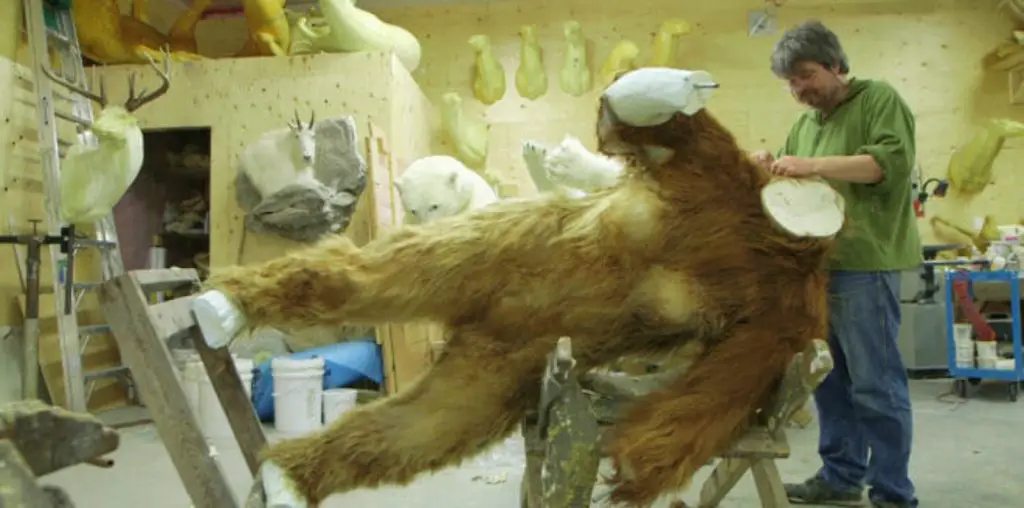
It’s not surprising that one of the film’s producers is Oren Moverman. One of the best current filmmakers, whose work frequently traces the lives of the disadvantaged, the shunned, the forgotten. Similarly, Skin explores the festering pits of Ohio, digging deep into its fascist underbelly, and making a solid argument for how we, as a nation, are responsible for spawning this sort of hostility. We turn a blind eye to the impoverished; consequently, those neglected areas of the country form their own “ecosystems” based on ignorance and blind hatred – but beneath all that, an insecurity, a need to be heard, to be loved. Akin to deserted animals, communities like the one so keenly portrayed in Skin know no better than to exorcize their demons by screwing and inflicting violence. They are lost souls, who deem themselves Vikings, in dire need of salvation.
His face covered in tats, a vehement glare in his eyes gradually morphing into that of vulnerability and self-doubt, Bell gives this project his all. He pulls off a rare feat: a performance that’s both deeply introverted and viscerally physical, his body tightly coiled in a constant state of tension. “Is it true that you’re an evil man?” Julie’s little daughter asks him. “I don’t know,” he replies honestly. If Bell’s name is not on the year-end awards lists, there’s something deeply wrong with this industry. Just the one scene of Bryon in a car having a major fit is worthy of that golden statuette. Danielle Macdonald keeps up, delivering a tender performance as the resilient, tough Julie. Bill Camp and Vera Farmiga exude subliminal menace as the heads of “the family,” and Mike Colter provides reliable support as the perseverant Daryle.

“…digging deep into its fascist underbelly…how we, as a nation, are responsible for spawning this sort of hostility…”
Nattiv displays real filmmaking chops, keeping his audience on the edge of their seat throughout most of the film’s two-hour running time. He threads together one powerful scene after another: the Nordic Fest rally sequence, with young girls twanging tunes on their tiny guitars, as repellent, swine-like fascists egg them on; the recruitment of a young homeless kid, Gavin (Russell Posner), by Hammer and Shareen, Bryon later questioning the boy’s real motives (“I was hungry,” Gavin says); the aforementioned Mosque sequence, perhaps the most powerful one in the film… The “skin motif” is prevalent throughout: tattoos get applied and removed in drastic close-ups; Bryon dreams of being set on fire; the entire notion of the “family”’s principles is skin-deep in itself…
"…"...covered in tats, a vehement glare in his eyes gradually morphing into that of vulnerability...""



[…] It may tread familiar territory, but Skin does so with relentless energy, confidence, and passion. I can’t wait to see what Nattiv has in store for us next – and for Bell to get under another character’s skin. – Alex Saviliev, Film Threat […]
Fantastic review, I’ve been waiting to see this!